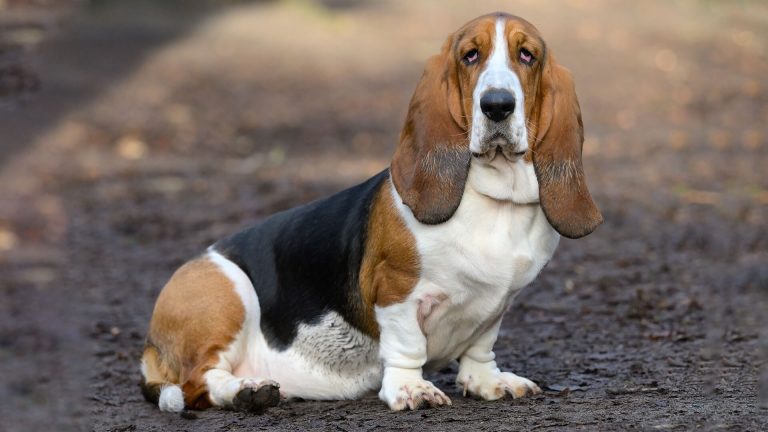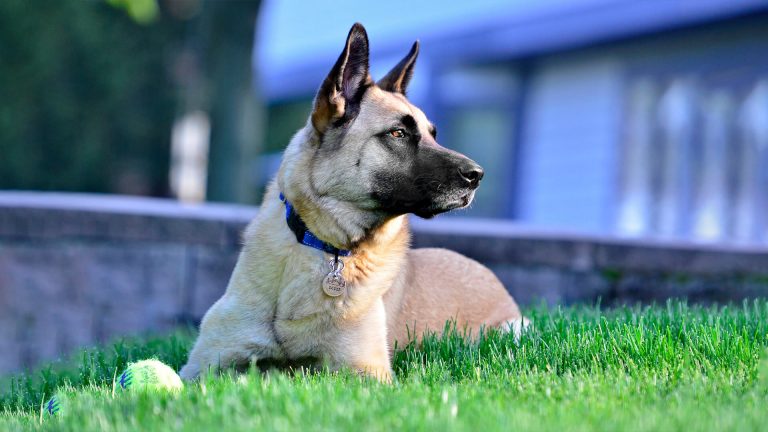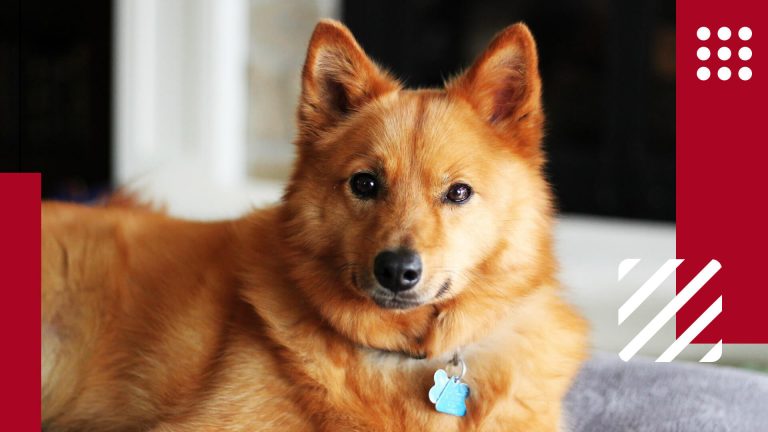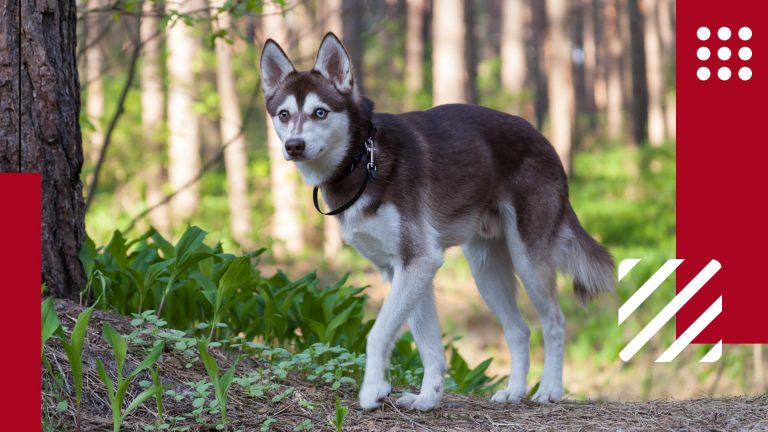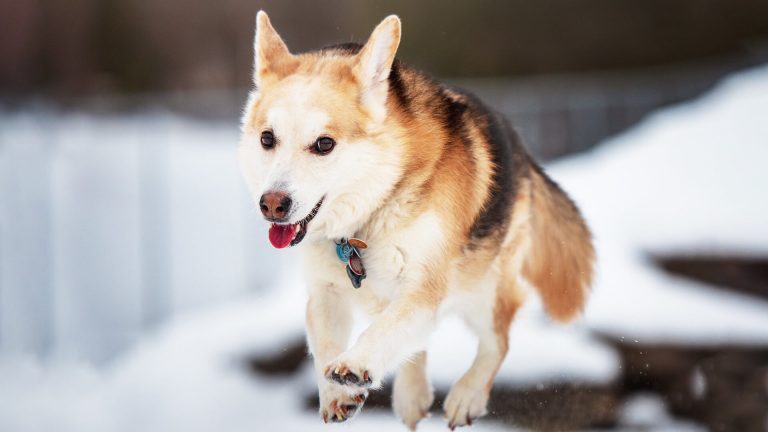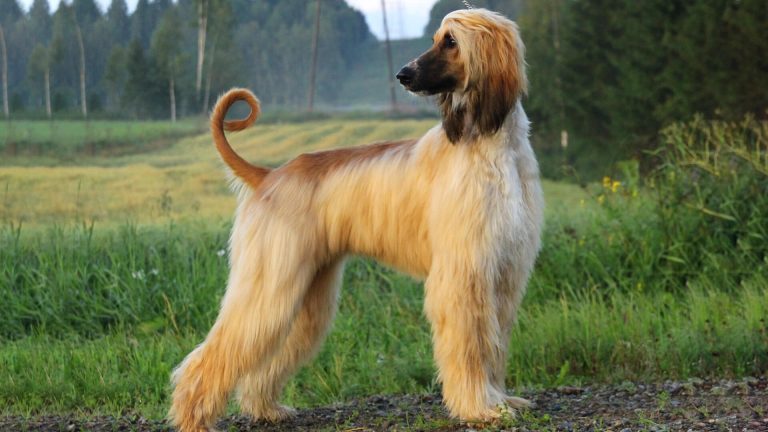The Schnauzer is a breed of dog that originated in Germany. The breed's name comes from the German word "schnauze," which means "snout" or "muzzle," a reference to the breed's distinctive bearded snout. The breed is believed to have originated in the Middle Ages, and was used as a general-purpose farm dog, as well as for hunting and as a watchdog. The breed was officially recognized by the German Kennel Club in 1879.
Distinctive Features of Schnauzer
| Scientific name | Canis lupus familiaris |
| Lifespan | Up to 16 years |
| Color | Salt and pepper, black, black and silver |
| Size | Miniature: 12-14 inches, Standard: 18-20 inches, Giant: 27-30 inches |
| Weight | Miniature: 12-20 lbs, Standard: 35-50 lbs, Giant: 50-85 lbs |
| Health risk | Moderate |
| Unique trait | Distinctive bearded snout |
| Famous for | Versatility, loyalty, and sense of humor |
| Temperament | Intelligent, loyal, energetic |
| Maintenance | Moderate |
| Adaptability | High |
| Behavior | Good with proper socialization |
| Personality | Good with proper socialization |
| Socialization | Requires regular socialization |
The Schnauzer is a distinctive breed that is known for its strong, sturdy build and its distinctive facial features, including a thick, bushy beard and eyebrows. The breed also has a wiry, salt-and-pepper or solid black coat. The lifespan of a Schnauzer is around 12-16 years.
The size of a Schnauzer can vary depending on the sub-breed. The standard Schnauzer is the second largest of the three, standing at around 18-20 inches tall at the shoulder and weighing between 30-45 pounds. The miniature Schnauzer is smaller, standing at around 12-14 inches tall and weighing between 11-20 pounds. The Giant Schnauzer is the largest of the three, standing at around 27-30 inches tall and weighing between 60-90 pounds.
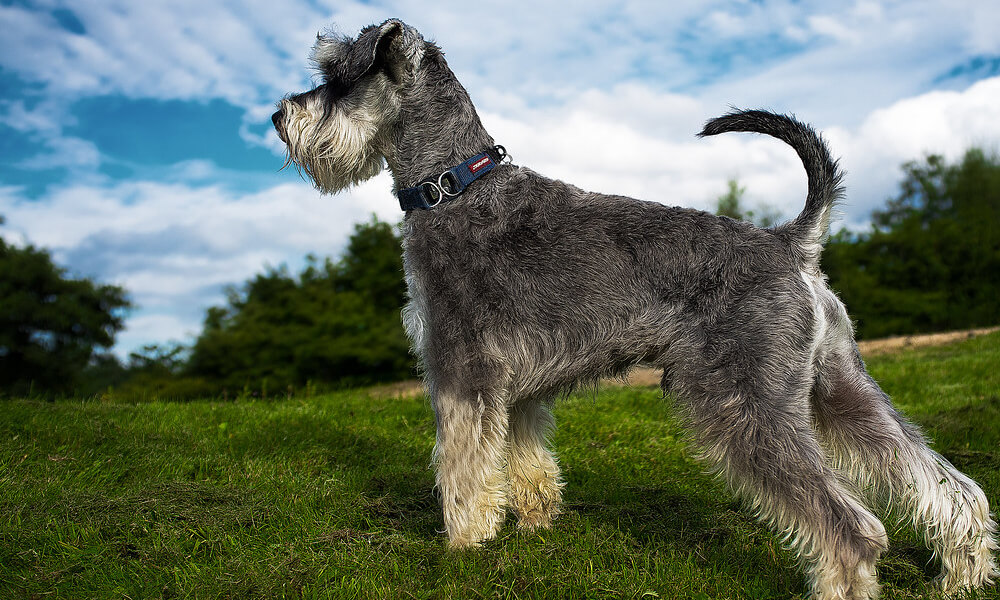
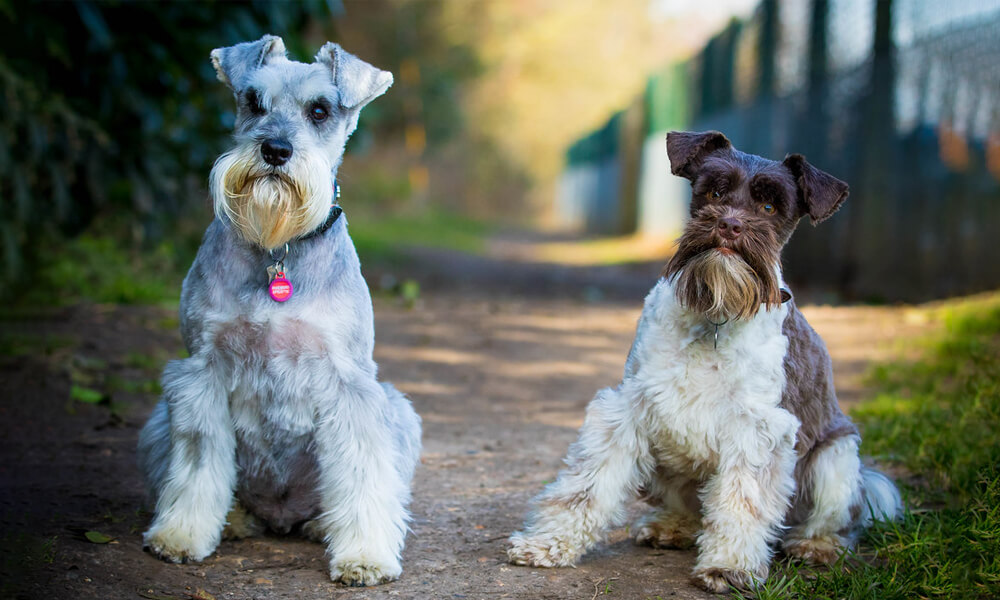
How to Take Care of Pet Schnauzer?
Caring for a Schnauzer is a delightful experience filled with love and companionship. With their charming personalities and distinctive appearance, they make fantastic pets. Get ready for a loyal and playful companion who will bring joy to your life. Caring for a Schnauzer involves several important aspects:
How to Set Up a Habitat for Pet Schnauzer?
Schnauzers are a versatile and adaptable breed of dog that can do well in a variety of living situations, including apartments, houses, and farms.
Here are a few general guidelines for setting up a suitable habitat for a pet Schnauzer:
- Provide a comfortable and secure living space: Schnauzers are an energetic and active breed, so they will need plenty of space to run and play. A fenced yard or a dog run is ideal, but if you live in an apartment, you will need to make sure to take your Schnauzer for regular walks and provide plenty of indoor playtime.
- Offer a warm and cozy bed: Schnauzers are a medium-sized breed, so they will need a bed that is large enough for them to stretch out and rest comfortably. Orthopedic beds are a great option for older or arthritic dogs.
- Provide plenty of toys: Schnauzers are an intelligent breed that loves to play and explore, so you will need to provide them with plenty of toys to keep them entertained. Kong toys, puzzle toys, and interactive toys are all great options for keeping your Schnauzer mentally stimulated.
- Keep a comfortable temperature: Schnauzers have a thick, wiry coat that provides them with plenty of insulation, but they still need to be kept in a comfortable temperature. Make sure to provide them with a warm and cozy bed and make sure they have access to shade and water during hot weather.
What to Feed Your Pet Schnauzer?
Schnauzers are a medium-sized breed that requires a diet that is high in protein and moderate in fat. Here are a few general guidelines for feeding a pet Schnauzer:
- Feed a high-quality diet: Look for a diet that is made with high-quality ingredients, such as lean meats, whole grains, and fresh fruits and vegetables. Avoid diets that are high in fillers or artificial ingredients.
- Feed a balanced diet: Schnauzers require a diet that is balanced in terms of protein, fat, and carbohydrates. Make sure to choose a diet that provides your Schnauzer with all the essential nutrients they need to stay healthy.
- Consider your Schnauzer's life stage: Puppies, adults, and seniors have different nutritional needs, so make sure to choose a diet that is appropriate for your Schnauzer's life stage. Puppies need a diet that is high in protein and fat to support growth and development, while adults and seniors need a diet that is lower in fat to maintain a healthy weight.
- Measure the food: To ensure that your Schnauzer is getting the right amount of food, measure their food using a measuring cup or a kitchen scale.
- Fresh water: Provide your Schnauzer with fresh water at all times.
- Treats: Treats should be given in moderation and should not exceed more than 10% of their daily caloric intake.
- Consult your vet: If you are unsure about what to feed your Schnauzer, or if you have a dog with special dietary needs, consult your veterinarian for advice.
Schnauzers can have individual preferences and may have food allergies or intolerances, so it's important to monitor their reaction to the food and adjust accordingly.
What to Avoid Feeding Your Pet Schnauzer?
When feeding a pet Schnauzer, it is important to avoid certain foods that can be harmful to their health. Here are a few common examples of foods to avoid feeding a Schnauzer:
- Chocolate: Chocolate contains theobromine, which can be toxic to dogs and can cause vomiting, diarrhea, and even death.
- Grapes and raisins: Grapes and raisins can cause kidney failure in dogs, even in small amounts.
- Onions and garlic: Onions and garlic contain compounds that can damage a dog's red blood cells, leading to anemia.
- Alcohol: Alcohol can cause vomiting, diarrhea, and even death in dogs.
- Fatty Foods: Foods that are high in fat can lead to pancreatitis, which can be a serious and potentially life-threatening condition.
- Cooked bones: Cooked bones can splinter and cause injury to the dog's mouth, throat, or intestines.
- Human Medications: Never give your Schnauzer any human medications without consulting with your vet first. Some human medications can be dangerous or even fatal to dogs.
- Dairy products: Many dogs are lactose intolerant and consuming dairy can cause stomach upset.
Keep in mind that some foods that are safe for humans can be dangerous for dogs, so always check with your veterinarian before feeding your Schnauzer anything new. It's always better to be safe than sorry.
Brushing, Bathing & Grooming Needs of Your Pet Schnauzer
Schnauzers have a thick, wiry coat that requires regular grooming to keep it in good condition. Here are a few general guidelines for brushing, bathing, and grooming a pet Schnauzer:
- Brushing: Schnauzers should be brushed at least twice a week to remove loose hair and prevent matting. Use a slicker brush or a metal comb to remove tangles and mats, and a pin brush to smooth out the coat.
- Bathing: Schnauzers should be bathed every 6-8 weeks, or as needed. Use a mild shampoo that is formulated for dogs, and make sure to rinse thoroughly to remove all traces of soap.
- Trimming: Schnauzers require regular trimming to keep their beard, eyebrows, and legs in good condition. This can be done by a professional groomer or by the owner with proper tools, scissor, and clipper.
- Ear cleaning: Regularly check and clean your Schnauzer's ears to prevent infection, use a cotton ball or soft cloth with a mild ear cleaning solution recommended by your vet.
- Nail clipping: Schnauzers' nails should be trimmed regularly to prevent cracking and splitting. If you are not comfortable doing this, ask a professional groomer or vet for help.
- Dental care: Brushing your Schnauzer's teeth regularly with a toothbrush and toothpaste made for dogs is an important part of their grooming routine. It helps to prevent dental problems and keep their breath fresh.
- Anal glands: Some Schnauzers may require regular expression of their anal glands by a professional groomer or vet to prevent discomfort and infection.
Grooming a Schnauzer is a time-consuming and labor-intensive process, but it is essential for maintaining their overall health and appearance. By starting grooming at a young age and making it a regular part of their routine, you can make it a more enjoyable experience for both you and your Schnauzer.
Health Concerns of Pet Schnauzer
Schnauzers are a generally healthy breed, but like all breeds, they are prone to certain health concerns. Here are a few common health concerns to be aware of when owning a pet Schnauzer:
- Bloat: Bloat, also known as gastric dilatation and volvulus (GDV), is a serious and potentially life-threatening condition that affects the stomach. It is more common in deep-chested breeds like the Schnauzer.
- Pancreatitis: Schnauzers are prone to developing pancreatitis, a condition in which the pancreas becomes inflamed. This can be caused by a diet that is high in fat.
- Hip dysplasia: Hip dysplasia is a genetic condition that can cause the hip joint to develop abnormally, resulting in arthritis and lameness.
- Urolithiasis: Schnauzers are also prone to developing bladder stones, which can cause urinary tract infections and blockages.
- Hypoglycemia: Schnauzers are prone to developing hypoglycemia, a condition in which the blood sugar levels drop too low. This is more common in Miniature Schnauzers.
- Cushing's Disease: Cushing's Disease is a condition in which the body produces too much of the hormone cortisol. This can lead to symptoms such as increased thirst, hunger, and urination, as well as hair loss and weight gain.
- Allergies: Schnauzers can be prone to skin allergies, which can cause itching and skin irritation.
Many of these health concerns can be prevented or managed with proper care and regular veterinary check-ups. It's also important to be aware of the signs and symptoms of these health concerns, so that you can take appropriate action if you suspect your Schnauzer is showing signs of illness.
Training and Playing with Pet Schnauzer
Schnauzers are an intelligent and energetic breed that requires regular training and playtime to stay mentally and physically stimulated. Here are a few general guidelines for training and playing with a pet Schnauzer:
- Training: Schnauzers are an intelligent breed that learns quickly and is eager to please, so they can benefit greatly from training. Start training early, and use positive reinforcement techniques, such as treats and praise, to encourage good behavior. Basic obedience training, leash training, and house training are all important for Schnauzers.
- Socialization: Socialization is an important part of training for any dog, and Schnauzers are no exception. Introduce your Schnauzer to a variety of people, animals, and environments to help them become well-adjusted and confident.
- Exercise: Schnauzers are an energetic breed that requires regular exercise to stay healthy and happy. Take your Schnauzer for regular walks and provide plenty of playtime. Schnauzers enjoy activities such as fetch, agility, and obedience training.
- Mental stimulation: Schnauzers are an intelligent breed that needs mental stimulation to stay happy and healthy. Provide them with plenty of interactive toys, such as puzzle toys and treat-dispensing toys, to keep their minds active and engaged.
- Playtime: Schnauzers love to play and are known to be very playful. They enjoy playing fetch, tug-of-war, and hide-and-seek.
- Clicker training: Clicker training is a positive and effective way to train your Schnauzer. It involves using a small device that makes a clicking sound to mark the exact behavior you want your dog to repeat.
Remember that every dog is unique and may have different needs and preferences, so it's important to pay attention to your Schnauzer's individual needs and tailor your training and playtime accordingly. Consistency and patience are key when training and playing with your Schnauzer.
Other Pets to Keep or Avoid with Schnauzers
Schnauzers can get along well with other pets, but it's important to consider the personalities and needs of both the Schnauzer and any other animals you plan to keep with them. Here are a few general guidelines for keeping other pets with a Schnauzer:
- Other dogs: Schnauzers can get along well with other dogs, but it's important to introduce them slowly and carefully to ensure that they are comfortable with each other.
- Cats: Schnauzers can also get along well with cats if they are raised together and properly socialized. However, it's important to supervise their interactions to ensure that they are safe and happy together.
- Small animals: Schnauzers have a strong prey drive, so they may not be the best choice to keep with small animals such as rabbits, guinea pigs, or hamsters.
- Birds: Schnauzers may be inclined to chase birds, so it's important to keep them separated.
- Livestock: Schnauzers can make good watchdogs for livestock and can get along well with them if they are raised together and properly socialized.
Keep in mind that every Schnauzer is an individual, and their interactions with other pets may vary. It's essential to supervise their interactions, especially in the beginning, to ensure that they are safe and happy together. It's also important to provide each pet with their own space and resources to avoid conflicts.
Facts About Schnauzers
Here are a few interesting facts about the Schnauzer breed:
- Schnauzers come in three sizes: Miniature, Standard, and Giant.
- The breed originated in Germany, where it was used as a general-purpose farm dog, as well as for hunting and as a watchdog.
- Schnauzers are considered to be one of the oldest breeds of dog, with evidence of the breed dating back to the 14th century.
- The breed's name comes from the German word "schnauze," which means "snout" or "muzzle," a reference to the breed's distinctive bearded snout.
- Schnauzers were used as ratters and guard dogs in the past.
- They were also used as a watchdog and messenger during both World Wars.
- A Schnauzer's coat is hypoallergenic, which makes them suitable for people with allergies.
- The Miniature Schnauzer is known for its intelligence, trainability, and sense of humor.
- The Standard Schnauzer is known for its versatility, courage, and loyalty.
- The Giant Schnauzer is known for its strength, intelligence, and protective nature.
- The Schnauzer is a popular choice for therapy dogs and assistance dogs due to their intelligence and trainability.
- The Schnauzer Club of America was established in the US in 1929.
What It's Like to Keep Schnauzer as a Pet?
Schnauzers are a popular breed known for their distinctive bearded face, expressive eyes, and sturdy build. Here's what it's like to keep a Schnauzer as a pet:
Pet Behavior: Schnauzers are known for their friendly, intelligent, and lively nature. They are generally good-natured and make great family pets. Schnauzers tend to be alert and protective, making them excellent watchdogs. They often form strong bonds with their owners and enjoy being a part of the family.
Exercise and Mental Stimulation: Schnauzers are an active breed and require regular exercise to keep them physically and mentally stimulated. Daily walks, playtime in a securely fenced area, and interactive games help fulfill their energy needs. They also enjoy participating in dog sports such as obedience, agility, and tracking, which provide them with mental challenges.
Temperament: Schnauzers are known for their friendly and sociable temperament. They generally get along well with other pets and children, although early socialization is important to ensure they develop appropriate behaviors. Some Schnauzers can be a bit stubborn at times, so consistent and patient training is necessary to establish boundaries and reinforce good behavior.
Companionship: Schnauzers are known for their loyalty and companionship. They enjoy being around their owners and being included in family activities. Schnauzers can be affectionate and love to spend quality time with their families. Their sociable nature makes them great companions for individuals or families who want a loyal and engaging pet.
Frequently Asked Questions About Schnauzer
Here are a few frequently asked questions about the Schnauzer breed:
What is the average lifespan of a Schnauzer?
The average lifespan of a Schnauzer is around 12-16 years.
How much exercise does a Schnauzer need?
Schnauzers are an energetic breed that requires regular exercise. They should be taken for daily walks and should have plenty of opportunities for play and exploration. They also enjoy activities such as agility and obedience training.
Are Schnauzers good with children?
Schnauzers can make good family pets, and they tend to get along well with children if they are raised together and properly socialized.
Are Schnauzers good with other pets?
Schnauzers can get along well with other pets, but it's important to introduce them slowly and carefully to ensure that they are comfortable with each other.
Are Schnauzers hypoallergenic?
Schnauzers have a wiry coat; some individuals may be hypoallergenic but not all.
Do Schnauzers shed?
Schnauzers are considered to be a low-shedding breed, but they do lose hair. Regular grooming can help to minimize shedding.
Are Schnauzers easy to train?
Schnauzers are an intelligent breed that are eager to please and respond well to positive reinforcement training methods. They can be easy to train with consistency and patience.

